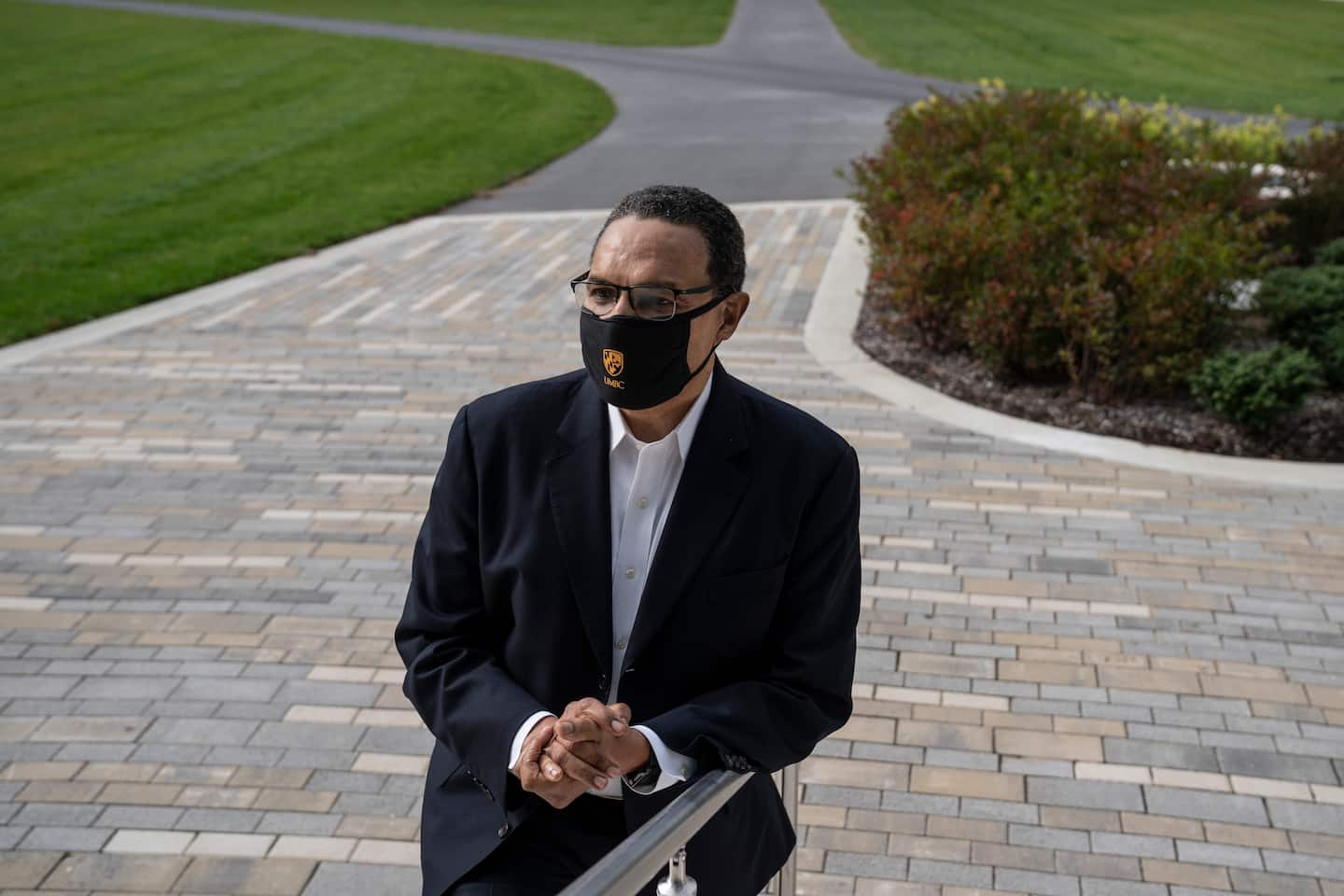Black participation in covid-19 vaccine trials is key to Black economic recovery

Black Americans account for about 13 percent of the U.S. population but 24 percent of coronavirus deaths, the Pew Research Center reported in June.
But when I ask the Black folks I know if they’re going to take a coronavirus vaccine, most without hesitation say, “No, I will not.”
They all reference the infamous Tuskegee syphilis study, which started in 1932 with the recruitment of 600 Black men. About half of the men in the initial study conducted by the U.S. Public Health Service had syphilis, but they weren’t given adequate treatment because the point of the experiment was to watch the progression of the venereal disease. A government panel later found that the men weren’t told the true purpose of the experiment.
Others point to the case of Henrietta Lacks, a young Black woman whose cells were taken without her consent during a 1951 visit to Johns Hopkins Hospital in Baltimore. Researchers found that Lacks, who died of cervical cancer that year, had extraordinary cells, which have since been reproduced countless times for medical research around the world.
There are also “long-standing inequities in health care access and outcomes for black Americans compared with other racial and ethnic groups,” the Pew report said.
So, yes, Blacks have a legitimate distrust of the medical profession. Half of Blacks said they would not be willing to take a newly developed vaccine, according to a poll by Kaiser Family Foundation and ESPN’s The Undefeated.
But Freeman A. Hrabowski III, the president of the University of Maryland at Baltimore County (UMBC), and his wife, Jacqueline, want to change attitudes and save lives. The Hrabowskis, who are Black, volunteered for a Phase 3 clinical vaccine trial being conducted by the University of Maryland School of Medicine. They hope to serve as an example to show Black people they can trust the science behind the rush to develop a covid-19 vaccine.
“Our Black friends are surprised and worried that we’re in this trial,” Freeman Hrabowski said in an interview. “And our attitude is very different from that. We have a chance to work for the public good and to help people in general and African Americans to understand that we’ve got to be a part of this process if we want to make sure that all of the challenges involving every population have been addressed as they look for a safe vaccine.”
The trial the Hrabowskis are volunteering for was co-developed by scientists at the biotech firm Moderna and the National Institute of Allergy and Infectious Diseases, which is part of the National Institutes of Health (NIH).
Karen Kotloff is the principal investigator for the Maryland clinical trial and head of Infectious Disease and Tropical Pediatrics in the Department of Pediatrics at the University of Maryland School of Medicine. Kotloff is keenly aware of the daunting tasks of getting a vaccine buy-in from Black people. But it’s vital that trials have a good representation of minorities, she said.
“If we’re developing a vaccine, we want that vaccine to be effective and safe in people who are at the highest risk of getting infection and getting severe disease from infection,” Kotloff said. “And that’s why it’s so important for those groups to be well represented in the same distribution that they are represented in the epidemiology of the disease.”
Part of the comfort the Hrabowskis have in participating in the trial is the involvement of UMBC alumna Kizzmekia Corbett, who is now a viral immunologist at the Vaccine Research Center. Corbett is the scientific lead on the NIH team working to find a vaccine for the coronavirus, which causes the disease covid-19.
Corbett, who graduated from UMBC in 2008, won a spot in the university’s prestigious Meyerhoff Scholars Program, which was co-founded by Hrabowski to increase diversity among science, technology, engineering and math fields.
“Growing up in Alabama and having known about the Tuskegee study for so many years, I’ve always known we needed more people of color, more Blacks in the field in the research, doing the medicine and the science,” Freeman Hrabowski said.
“Knowing her background, brilliance, and confidence in the vaccine trials spilled over into my willingness to give this a chance,” said Jacqueline Hrabowski. “Whenever I say anything to people about how we got to having a vaccine, I always mention Kizzmekia, this young Black woman who is involved.”
Corbett says she understands the misgivings the Black community has about the vaccine.
“When trust is taken away from an entire community of people, you certainly have to take your time with dismantling that mistrust and distrust,” she said. “It is going to take getting on calls with community leaders and faith leaders. It’s going to take people seeing pillars of the Black community like the Hrabowskis enrolling in clinical trials.”
Black people need the vaccine for their health and their wealth, Freeman Hrabowski said.
“At some point when a vaccine is available, people should want to take it not just for themselves, but for their family members and friends,” he said. “Because if you are infected, you impact other people. Part of taking care of your family financially is making sure you’re healthy so you can go to work and pay the bills.”






